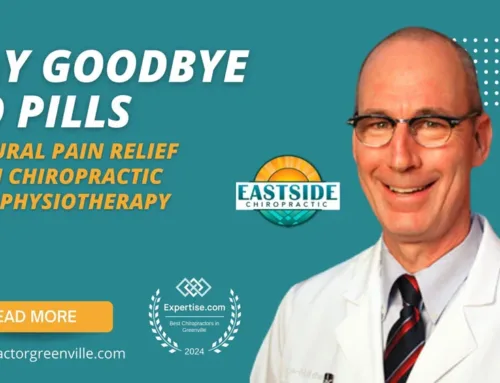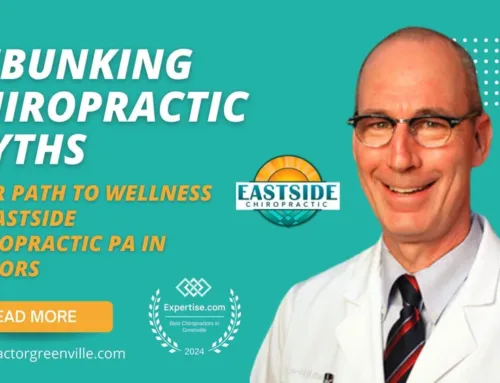Carpal Tunnel Syndrome (CTS) is a very common problem affecting a large portion of society. Estimates are that up to 1 in 20 of the general population are affected, with occupations such as typists, assembly line workers, postal employees, servers/waitstaff, musicians and carpenters being those most often afflicted by this disorder. CTS produces a high level of cost to the health care system when time lost from work, treatment costs, and short and long term disability payments are factored in. Continued signs and symptoms of CTS can persist long after a surgical treatment, and the question that typically arises from my patients after this happens is simply “…why?” Let’s take a look at the reasons for failed treatment of CTS…
The classic non-surgical medical treatment for CTS includes non-steroidal anti-inflammatory medication (like ibuprofen), rest, and use use of night time wrist splints. This approach works with some cases, but for the majority it is unsuccessful and leads to the next medical management step: surgery.
The advanced chiropractic management model for treating CTS includes similar initial treatment approaches including non drug anti-inflammatory measures, rest, and night splints. So, what makes the chiropractic model different and highly effective?
The nerve affected in CTS is called the median nerve. It arises initially from the nerves in the neck, specifically those of the base of the neck and the joint at C6-C8 which becomes the brachial plexus (arm nerve bundle). These form into one nerve (the median nerve) which travels through small openings, first at the neck followed by the shoulder (called the thoracic outlet), and then into the arm through a muscle at the elbow (pronator tunnel), and finally through the carpal tunnel at the wrist to provide nerve supply to the hand. The median nerve can get “crushed” in more than one tunnel and treatment must address the whole nerve, not just at the carpal tunnel in the wrist. The chiropractic management of CTS helps many patients because the nerve along its entire course including the neck, shoulder, and elbow is treated, not just the wrist!
We realize that you have a choice in who you consider for your health care needs and we sincerely appreciate your trust in choosing our office. If you, a friend or family member require care for CTS, we would be honored to offer our services to help you experience maximized living without pain!
I hope you found this post about Carpal Tunnel Syndrome informative. If you would like to schedule a consultation please call our office in Greenville SC. We are conveniently located on Wade Hampton Blvd just outside of downtown Greenville. We would love to discuss how we can help you with CTS or any other health concerns that can be addresses through chiropractic care.




